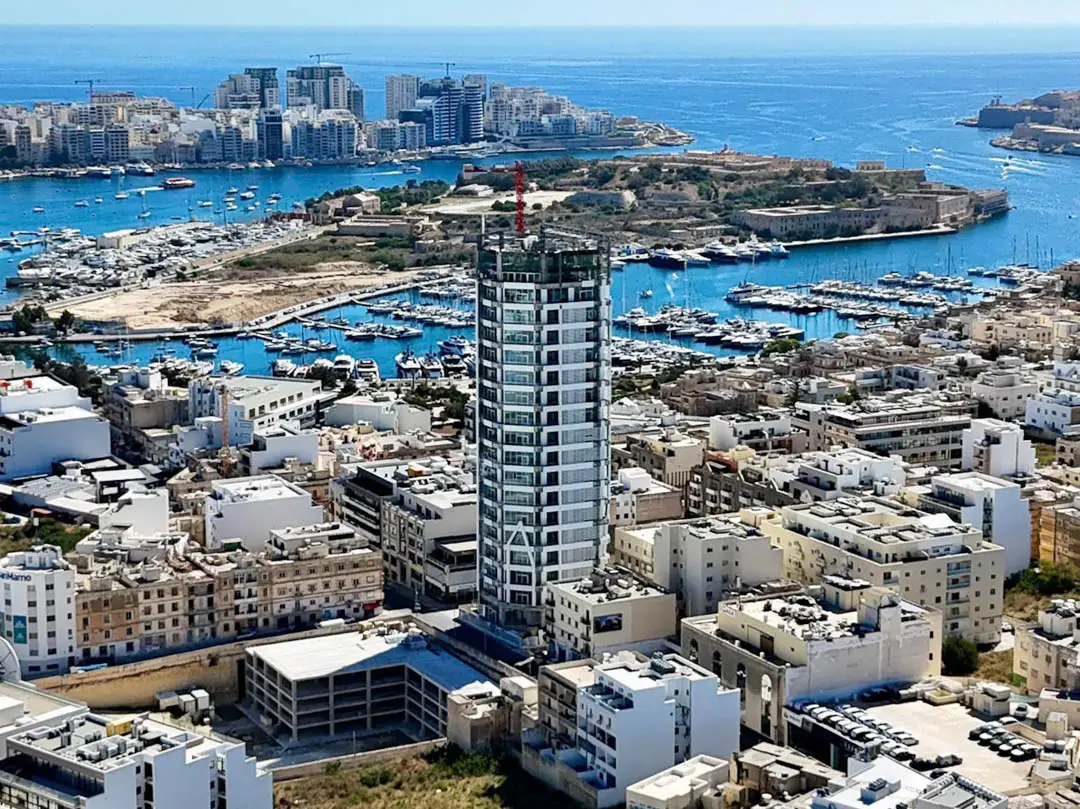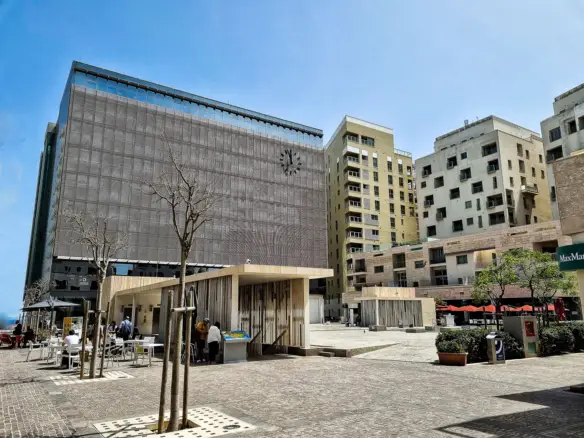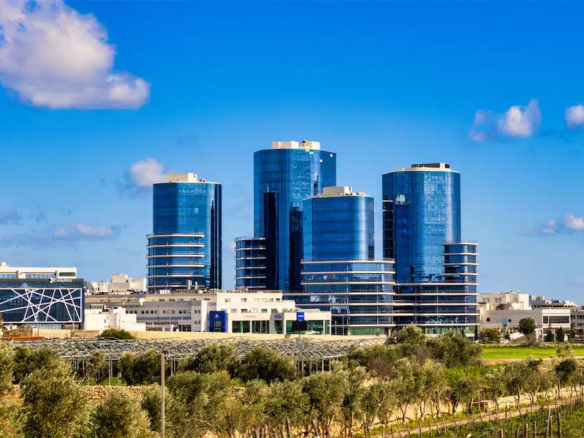Malta has become one of Europe’s most appealing business destinations. Small in size but strategically located between Europe and North Africa, it offers a mix of EU credibility, a skilled workforce, and attractive tax benefits. If you’re considering relocating your company or starting fresh on the island, this guide walks you through everything you need to know – from legal structures to office space, taxes, and common pitfalls.
Why Malta is on the radar for businesses relocating
Businesses choose Malta for reasons that go beyond sunshine and sea views.
- EU jurisdiction: Malta offers full access to the European single market while maintaining competitive fiscal incentives.
- Strategic location: Just a short flight from major European cities, yet close to North Africa and the Middle East.
- Skilled, English-speaking workforce: English is an official language, making contracts, legal processes, and day-to-day business easy for international teams.
- Tax and regulatory appeal: While the corporate tax headline rate is 35%, refund mechanisms bring effective rates down to as low as 5–10%.
- Thriving sectors: Finance, iGaming, maritime, aviation, pharmaceuticals, and increasingly blockchain and fintech.
For companies in regulated sectors, Malta offers a balance: strict oversight (to maintain EU standards) combined with an ecosystem designed to support growth.
Planning the relocation: what to consider before you move
Relocation is rarely smooth if you don’t prepare. The most successful moves are those that anticipate Malta’s unique dynamics.
Key factors to weigh before you commit:
- Industry fit: Is Malta a recognised hub for your sector? (e.g. iGaming thrives here, but heavy manufacturing less so).
- Cost of living vs. business overheads: Staff salaries may be lower than in London or Paris, but prime office rents can be high.
- Talent availability: Malta’s population is small; many firms rely on expats for specialised skills.
- Office space options: Decide if you need a prestige location (Valletta, Sliema) or a cost-effective hub (Birkirkara, Qormi).
- Timing: Bureaucracy can take longer than expected; factor in licensing approvals before committing to launch dates.
Common mistake: Some firms underestimate relocation time, especially for licensed industries like financial services or iGaming. Always build a buffer into your timeline.
Choosing the right legal structure for your Maltese business
One of your first decisions is which legal entity to register. Malta offers several structures, each with trade-offs.
| Structure | Attributes | Best For |
| Private Limited (Ltd) | Separate legal entity, minimum share capital €1,165 (25% paid up), limited liability | SMEs, startups, international firms |
| Public Limited (PLC) | Can raise capital by offering shares, minimum share capital €46,588 (25% paid up) | Large enterprises, listed companies |
| Branch of foreign company | Operates as extension of parent, not a separate entity | Firms testing market or expanding without full setup |
| Sole Trader | Simplest structure, full personal liability | Freelancers, micro-businesses |
Most international businesses choose the Private Limited Company (Ltd) for flexibility, scalability, and investor familiarity.
Registration and licensing: step-by-step process
The actual setup process is straightforward but paperwork-heavy. Here’s how it typically flows:
- Reserve company name with the Malta Business Registry (MBR).
- Prepare and submit Memorandum & Articles of Association.
- Deposit share capital into a Maltese bank account (at least €1,165 for Ltds).
- Receive Certificate of Incorporation from MBR.
- Register for tax and obtain TIN with the Commissioner for Revenue.
- VAT registration if turnover exceeds thresholds (currently €35,000 for services, €28,000 for goods).
- Apply for licences if operating in regulated industries (e.g. financial services under MFSA, iGaming under MGA).
- Register employees with JobsPlus before hiring.
Timing varies: a simple Ltd can be incorporated in a week; a regulated iGaming licence can take several months.
Understanding Malta’s tax and financial environment
Malta’s tax framework is one of its strongest draws, but also one of the most misunderstood.
- Headline corporate tax: 35%
- Refund system: Shareholders (except those in oil & gas, property) may apply for a 6/7 refund, bringing effective tax down to 5%. Other refund rates (5/7, 2/3) apply in different cases.
- Double Tax Treaties: Malta has signed with 70+ countries, reducing withholding taxes on cross-border payments.
- VAT: Standard rate of 18%; reduced rates (5% or 7%) apply to certain services.
- Incentives: Malta Enterprise offers R&D tax credits, startup aid, and access to EU innovation funding.
Example: A foreign investor sets up a Maltese Ltd, pays €100,000 in corporate tax, and applies for a 6/7 refund. Shareholders receive €85,714 back, leaving an effective rate of just 5%.
Relocating staff and talent acquisition
Human capital is a make-or-break factor. Malta has a skilled workforce, but in fields like IT, compliance, and finance, demand outstrips supply.
Options to consider:
- Recruit locally: English-speaking staff are plentiful, but specialised skills can be limited.
- Relocate staff: For non-EU employees, work permits and residence visas are required.
- Tap into expat hubs: Malta has strong communities of professionals in iGaming, maritime, and finance.
Work permits and residence:
- EU/EEA nationals can work freely.
- Non-EU staff need a single permit, usually tied to an employment contract. Processing takes 2–3 months.
Personal note: Companies that include relocation packages (housing assistance, language support, family integration) tend to retain expat staff far more effectively.
Finding offices and commercial property
Office space is one of the biggest decisions in your relocation strategy. Malta’s compact geography creates clear zones:
- Prestige hubs: Valletta, Sliema, Ta’ Xbiex – higher rents but strong branding value.
- Cost-effective zones: Birkirkara, Qormi, Santa Venera – more space for less, popular with back-office setups.
- Hybrid/coworking: Increasingly popular for startups or companies testing the market.
| Office Type | Flexibility | Best For |
| Serviced office | Short leases, all-inclusive | Startups, testing market |
| Traditional lease | Long-term stability | Established firms |
| Coworking hubs | Pay-per-desk | Freelancers, small teams |
Example: A fintech startup may begin in a coworking hub in Sliema before moving into a dedicated leased floor in Ta’ Xbiex once they scale.
Logistics: banking, utilities, and practical setup
It’s easy to overlook the day-to-day practicalities of setting up, but they can slow you down if ignored.
- Banking: Opening a Maltese bank account can be time-consuming due to strict EU anti-money-laundering rules. Early preparation is essential.
- Utilities: Electricity and water are supplied by Enemalta and the Water Services Corporation. Setup usually requires proof of lease and identification.
- Connectivity: Fibre internet is widely available, but confirm building access with the landlord before signing.
- Insurance: Commercial property insurance is standard, often required by landlords.
Growing your business in Malta’s ecosystem
Once the basics are in place, Malta’s ecosystem makes scaling easier.
- Thriving clusters: iGaming (under the Malta Gaming Authority), fintech, aviation, maritime, pharma.
- Networking: Malta Chamber of Commerce, FinanceMalta, Gaming Malta Foundation host frequent events.
- Support: Malta Enterprise offers grants for innovation, export, and digitalisation.
Case example: An aviation maintenance firm leveraged Malta Enterprise incentives to expand, using Malta’s EU approvals as a gateway into the African market.
Common challenges and how to navigate them
Relocating isn’t without hurdles. Knowing them in advance helps.
- Bureaucracy: Paperwork and licensing can take longer than expected. Use local advisors to avoid delays.
- Office space competition: Prime waterfront offices in Sliema and Ta’ Xbiex are in high demand.
- Skills shortage: Certain industries (IT, compliance) face talent bottlenecks. Plan for relocation or hybrid staffing.
- Traffic and commuting: Road congestion is a daily reality. Location choice affects staff morale.
Malta’s size makes it ideal for collaboration
One factor rarely discussed in relocation guides is how much Malta’s scale itself influences business operations. Because the island is small, decision-makers from different industries often cross paths in informal settings-at the marina, at village feasts, or even queuing at the same café. These serendipitous encounters can accelerate partnerships, open doors to suppliers, or even solve bureaucratic hiccups faster than official channels. In larger jurisdictions, this sort of proximity doesn’t exist, but in Malta, it’s an often-overlooked asset for newcomers willing to engage locally.
Practical tips for a smooth relocation
- Hire a local corporate services provider early; they’ll handle MBR, tax, and compliance filings.
- Check licensing timelines: Financial services and iGaming licences can take months—don’t plan launches too tightly.
- Budget realistically: Beyond rent, factor in relocation costs for staff, legal fees, and setup expenses.
- Use coworking as a bridge: While waiting for licences or office fit-outs, coworking keeps you operational.
- Engage employees early: Staff buy-in makes relocations smoother and reduces turnover.
- Think long-term: Don’t just consider today’s needs. Choose a structure, office, and setup that scales.



